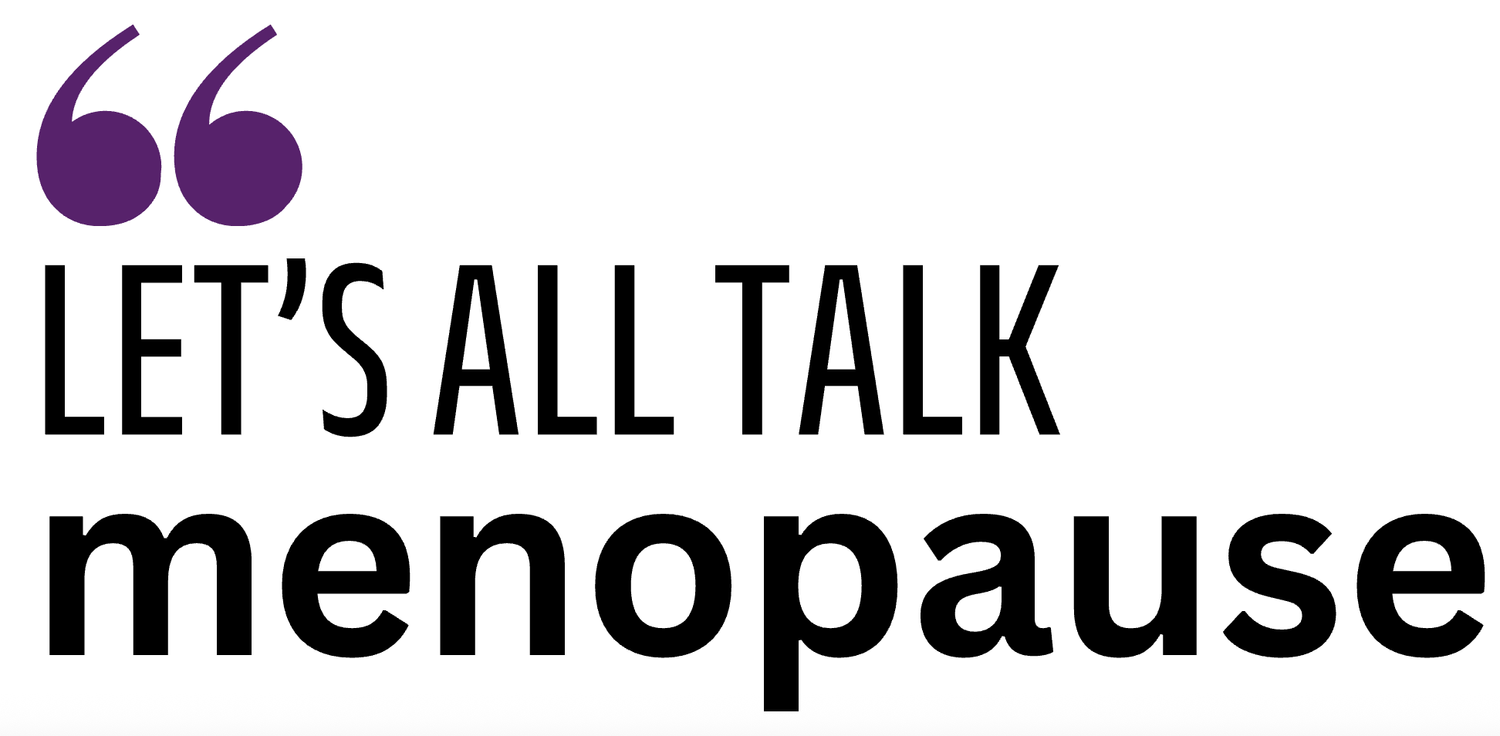Vulval & Vaginal Care during Menopause with Dr Juliet Balfour
Menopause brings a lot of changes, and one of the less talked-about but common issues is Genitourinary Syndrome of Menopause (GSM). This condition, affecting the vaginal and urinary areas, can make life uncomfortable but there are effective ways to manage it.
"We use the right anatomical terms because if we don't know what we're talking about, we could discuss the wrong thing with our doctor. It's something we all need to talk about more."
Understanding GSM
GSM happens due to the drop in oestrogen levels during menopause, leading to symptoms like:
Vaginal changes: Dryness, itching, and discomfort.
Vulvar alterations: Increased sensitivity and potential for irritation.
Urinary issues: Frequent urination, urgency, and infections.
How to Manage GSM
"If you've got these symptoms and you start local oestrogen, it is to be used forever."
Local Oestrogen Therapy
Applying oestrogen directly to the affected area can significantly ease symptoms. Options include:
Vaginal creams or gels: Direct application can provide quick relief.
Vaginal tablets: These are inserted into the vagina to release oestrogen locally.
Vaginal rings: Inserted for continuous release of oestrogen, needing replacement every few months.
Non-Hormonal Options
If hormones aren't your thing or if they're not recommended for you, moisturisers and lubricants can be a big help. They keep things comfortable, especially during intimacy.
Lifestyle Tips
Small changes can make a big difference:
Stay active: It boosts overall health and blood flow.
Stay hydrated: It helps keep all body tissues, including vaginal tissues, hydrated.
Avoid irritants: Skip the perfumed soaps and douches to prevent making symptoms worse.
"We need to be good at helping our elder relatives and our older patients managing this."
Pelvic Floor Exercises
Strengthening your pelvic floor can help with urinary symptoms like urgency and incontinence. Consider pelvic floor physical therapy if you need guidance.
Wrap-Up
"Most women will benefit from local oestrogen and anyone who gets recurrent infections please go straight to your doctor and ask for a trial of local oestrogen."
GSM is a manageable part of menopause with the right approach. Whether through local treatments or lifestyle adjustments, you don't have to suffer in silence. Talk to your healthcare provider about the best options for you to maintain comfort and quality of life during menopause.
